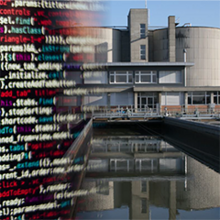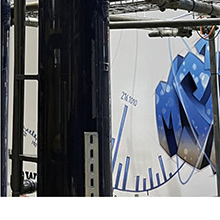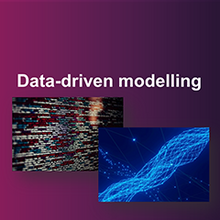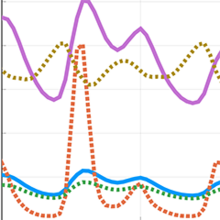Department Process Engineering
Data & Information
The mission of the "data & information"-group is to explore the role of the increasing digitalization in the wastewater treatment sector. Our research focuses especially on the information content of the rapidly growing amount of data.
Every day, every minute, a huge volume of data is gathered at every wastewater treatment plant. However, the pace of data collection exceeds the capabilities of conventional data processing approaches; leaving the information content of the data under-utilized. By using advanced mathematical modelling and advanced data analysis, we investigate how (and to what extent) the ever-increasing amount of data can be used to support and improve the operation of wastewater treatment systems. Thereby, we aim to pursue new pathways by employing and combining mechanistic modelling approaches with techniques from the data mining and machine learning toolbox in order to unleash the full information potential of data.
It is of great importance to us to have a direct link to practice. Therefore, our findings shall effectively support engineers, operators and authorities in solving pressing issues such as meeting ever-tightening effluent criteria while simultaneously reducing greenhouse gas emissions.




